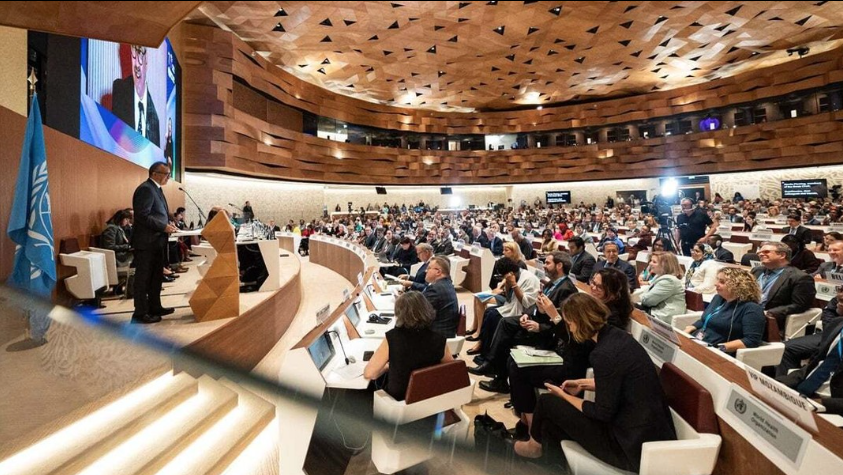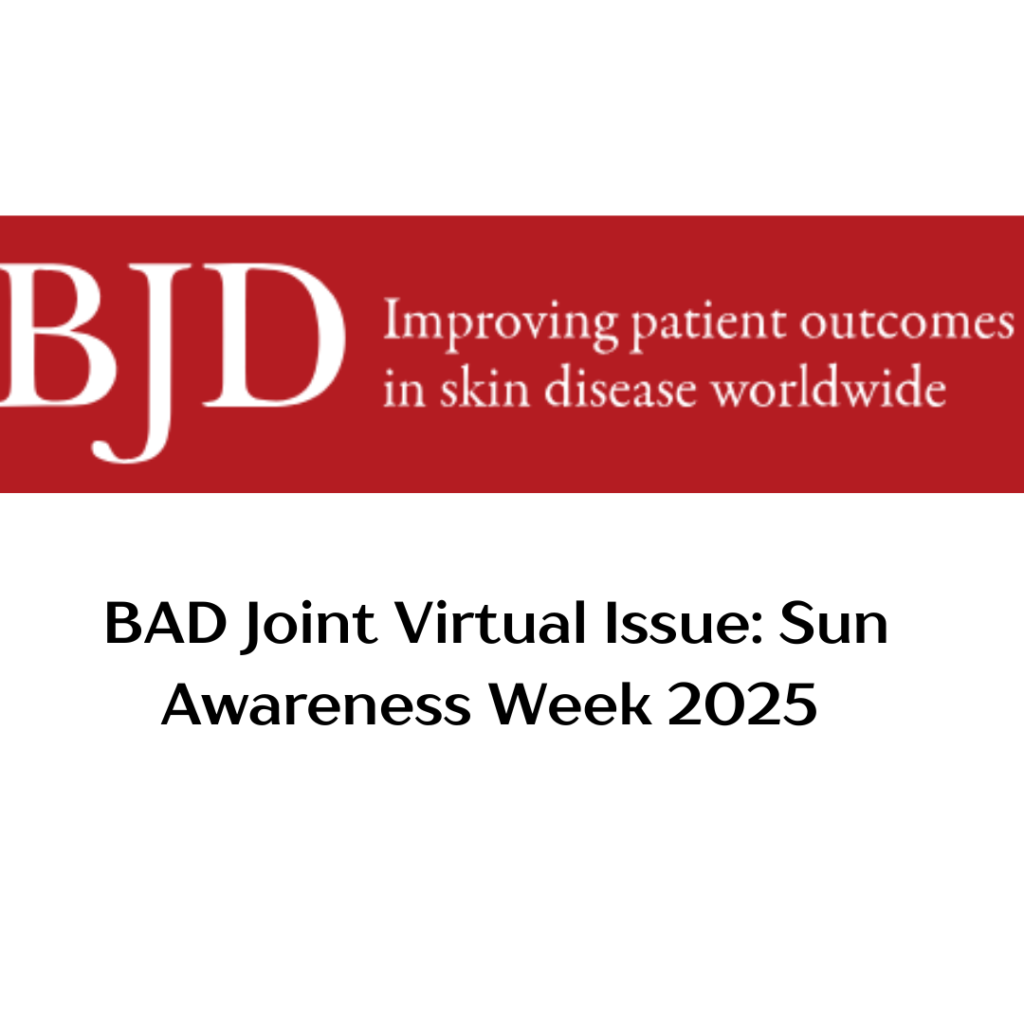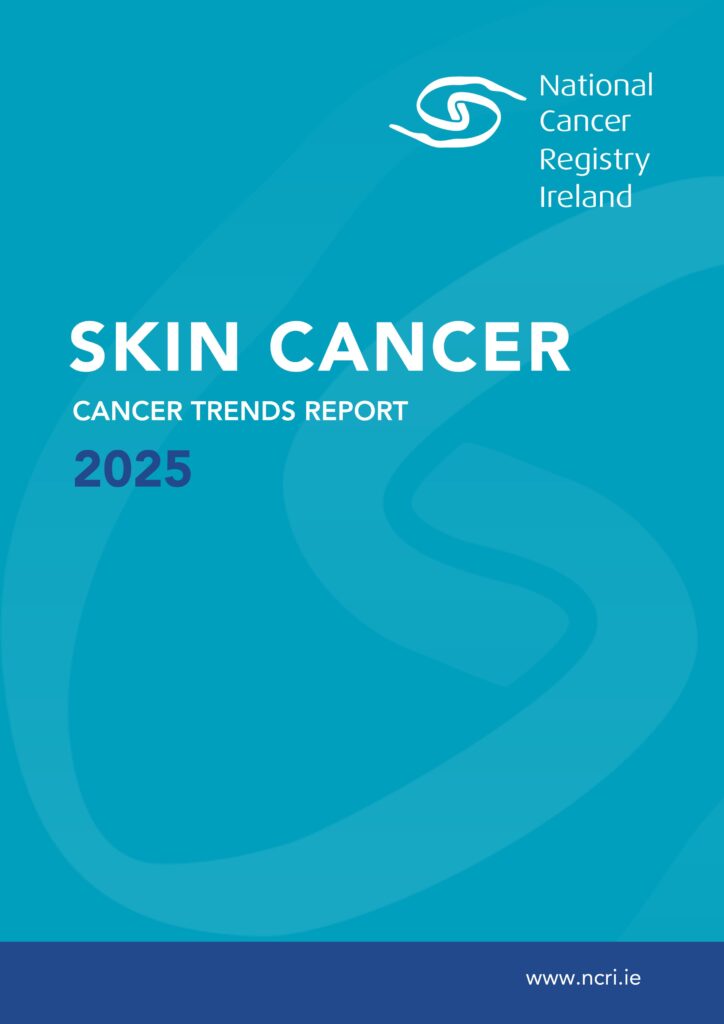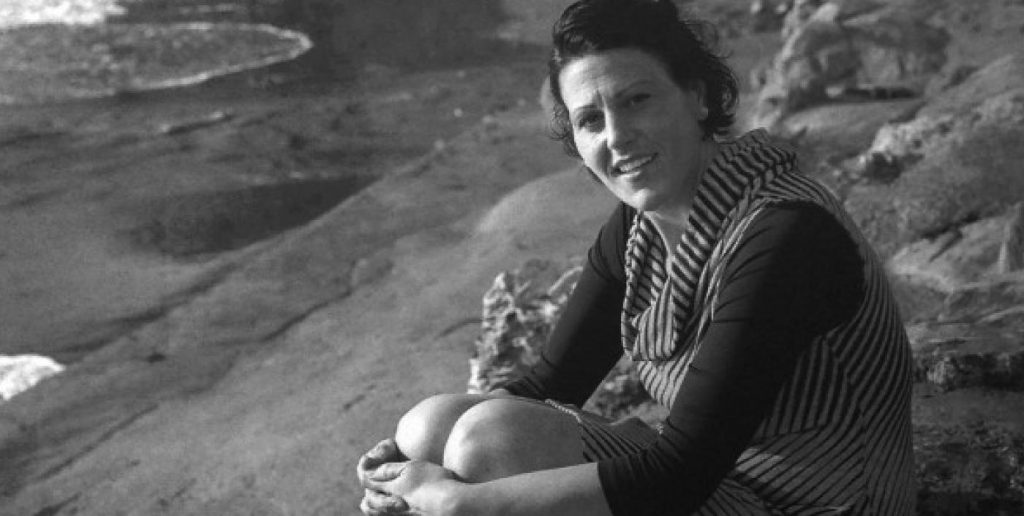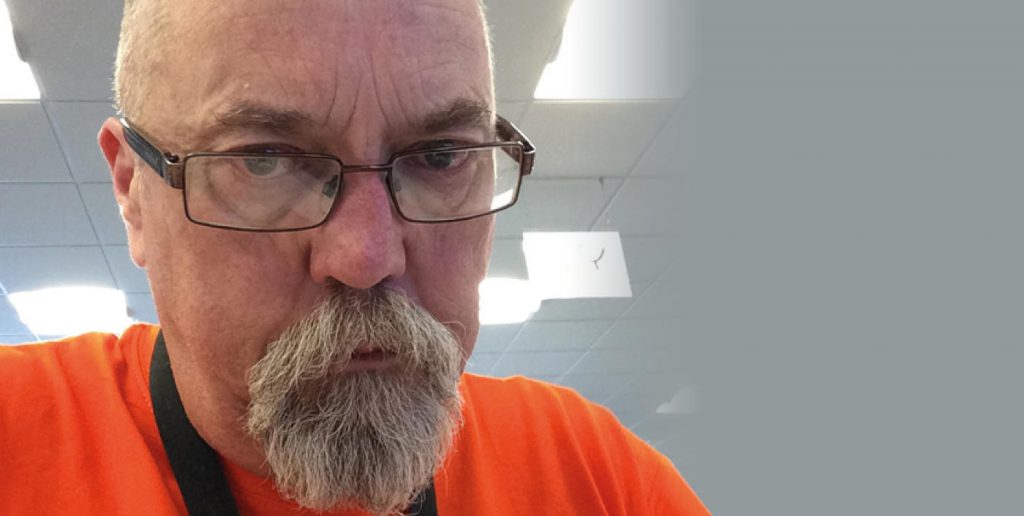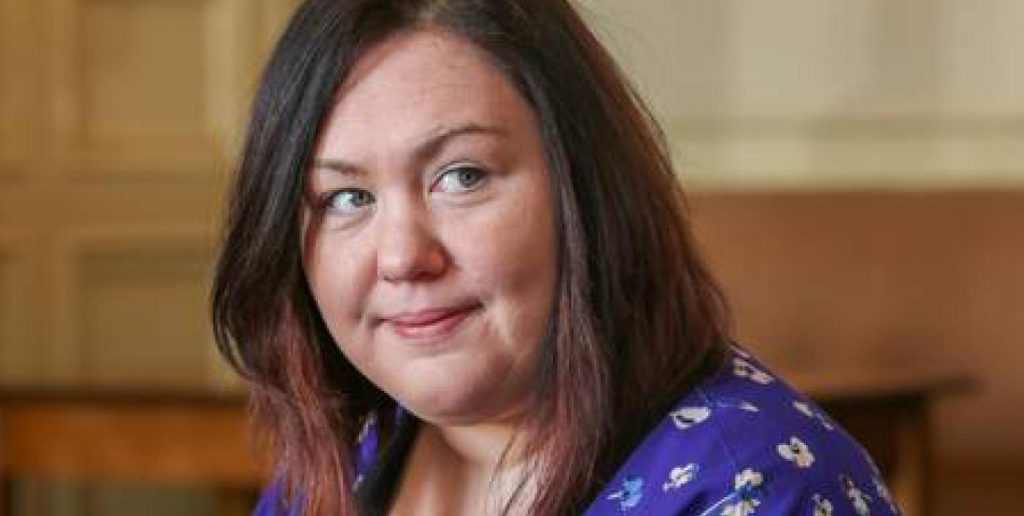#Five17Eight campaign highlights frequently delayed diagnosis of common chronic skin disease
The ISF is encouraging those potentially living with the chronic skin condition hidradenitis suppurativa (HS) to reach out and seek information about their condition. As a part of this campaign, entitled #Five17Eight, we have launched an online hub dedicated to HS.
From symptom recognition to care tips we hope to fill an information void that exists for the many people living with HS who may be undiagnosed, as well as those who have lived with HS for many years and may feel isolated by the condition.
HS is also known as ‘acne inversa’, and is a chronic or long-term skin condition. It is characterised by recurrent, painful nodules, ‘boil-like’ lumps or abscesses that can occur in the armpits, groin, perianal area, buttocks or under the breasts where certain sweat glands, known as apocrine glands are located.
HS is all too often under-recognised. It is frequently mistaken for infection or boils which leads to delays in diagnosis and typically occurs when patients attend their GP or local A&E to have individual abscesses incised and drained, but the recurring patterns in not noticed at the time.
Because of the nature of HS, and where it tends to manifest in the body, it can be a very distressing condition. People with HS have not traditionally spoken publicly about their symptoms or the pain they endure.
Adding to this burden, people living with HS may seek the opinion of up to five different healthcare professionals, and attend 17 appointments all over the course of eight years before a correct diagnosis of HS is made. This startling revelation led to the creation of the ISF’s #Five17Eight campaign.
The hub contains stories from individuals living with HS, detailing often frustrating, painful but inspiring journeys to establish a diagnosis and get the condition under control. The ISF has also published Ireland’s first ever dedicated HS booklet compiled by consultant dermatologists, dermatology nurse specialists and people with HS. It is hoped that this new resource hopes to help people living with HS or those concerned that they may have HS, to recognise their symptoms and get the support they need. It can be downloaded here.
As a part of the initiative, which is supported by the biopharmaceutical company AbbVie, the ISF will host two community meetings for people living with HS to encourage discussion and support for people affected by the condition. The first events will take place in Dublin, 5 April and Cork, 19 April. Register here.
HS symptoms can range from mild to severely debilitating and vary greatly from person to person. HS is estimated to affect 1.4% of the patient population attending dermatology clinics according to a first of its kind study recently carried out in Ireland, SHIP.*
The SHIP study was undertaken in Ireland by Consultant Dermatologists Dr Michelle Murphy, Dr Anne-Marie Tobin, Dr Trevor Markham and Professor Brian Kirby with support from biopharmaceutical company AbbVie.
The study assessed the prevalence and disease characteristics of HS in the Irish population. 150 people living with HS took part in the study across four Irish hospitals; South Infirmary Victoria University Hospital, Cork, Tallaght Hospital, Dublin, University Hospital Galway and St. Vincent’s University Hospital, Dublin. The study revealed that;
- The burden of depression and hopelessness was experienced by 63% of people in the Study,
- 76% felt that participating in sport was very difficult due to their HS,
- 70% of people also indicated that everyday tasks like shopping and gardening were frequently affected1.
The ISF’s David McMahon said;
“HS is under-recognised and unfortunately, can be misdiagnosed for years. Symptoms have been mistaken for infected hair follicles, acne, or even sexually transmitted diseases. A late diagnosis can be detrimental to a person’s quality of life, and if it progresses can become very painful and physically debilitating, which is why early intervention is very important. We believe that it should not take eight years for people to get a HS diagnosis. The Irish Skin Foundation wants to raise awareness and to create a positive dialogue to take the mystery out of this distressing condition, and to urge more people living with HS to seek the support they need.”
Dr. Anne-Marie Tobin, Consultant Dermatologist, said;
“By the time I see someone with HS in a hospital setting, their symptoms are usually at the more severe end of the scale, often with multiple nodules and/or abscesses causing severe discomfort and pain. Commonly, it has taken a number of years before somebody with HS recognises the symptoms as something other than ‘boils’, acne etc. It is not surprising that the SHIP study has shown high levels of depression and feelings of isolation among a group of people who can suffer quite profoundly before getting the help they need.”
There are some things people with HS can do to manage their own condition and help to lessen the pain they experience. Self-care tips for people with HS are available on the hub. Barry McGrath from Limerick moderates an online community for people with HS in Ireland. He was diagnosed with HS in his 30’s but had suffered with the symptoms from his early teenage years, and is an inspirational example to those living with the burden of HS. Barry recently completed a 35-mile hike in Germany, something he never thought he would be able to do due to the severity of his HS.
Barry describes his recent life changing journey;
“You could literally throw a stone from my house to the local shop, yet just a few years ago, I was unable to walk this distance due to the severity and pain of my HS. To walk over 35 miles, climbing 2500m along the way, is an unbelievable accomplishment for me and has challenged me to think even bigger. HS can be an emotionally as well as physically taxing illness, and now I try and live as full a life as possible. I kept a blog of my recent adventure which I hope will inspire others in my situation to aim for their dreams and to get the support they need to achieve them.”
Barry’s blog diary of his trek is available to read on the ISF hub. To register for the Dublin or Cork meetings, please click here.
*SHIP (2016): A cross-sectional, epidemiological Study of Hidradenitis Suppurativa in an Irish Population

